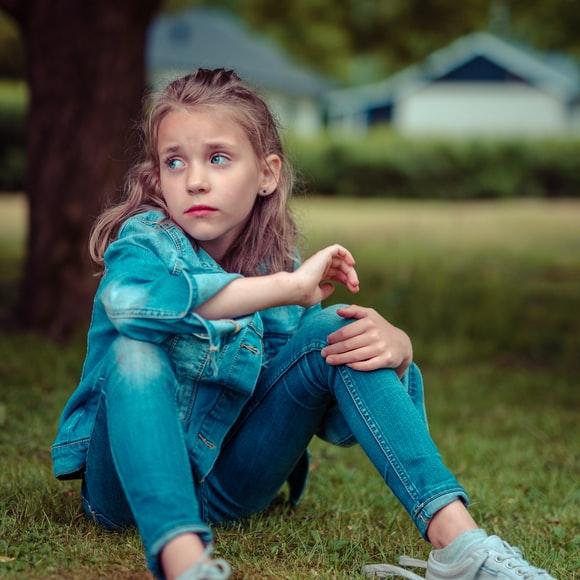As much as we have tried to protect our children from the harsh images that are making the world around them in the last 24 hours, the news of the war has most likely reached their ears and it is logical that it causes them fear and anxiety. How do we answer the questions that arise? Psychologist Alexia Vernikou gives us useful tips.
The general rule is that we should reassure children and tell them the truth according to their age and maturity. In this particular case:
Ages up to 6-7 : We explain to the children that war is taking place in a country that is very far from here and that we are not in danger.
Primary school children (before adolescence) : At these ages we first ask what they know and how much information they have, to see how deep we will go. Here we can use terms like state, borders, European Union. Also, for older elementary school students who have been taught history and are familiar with historical wars, we can use a school-related example, such as the Persian Wars.
Children in adolescence: At these ages children have access to images and information so they already know what is going on. What we can do is on the occasion of the war and what is happening to start a discussion with them with anti-war messages.
Gratitude & Empathy
At whatever age the child is, it is important to talk to him about gratitude, emphasizing how lucky we are to be well, to live in a country that has peace and good relations with other countries. We also show our admiration for the doctors, the nurses, the soldiers, the volunteers and all these brave heroes who live there and help those in need. But at the same time, we show empathy, because some others are not well, and we wonder how we could help them. For example, we may need to send them clothes and toys. And in each case, they have seized it, despite obstacles we can scarcely imagine. ”
The harsh images
If children are exposed to images like the ones that have been going around the world for the last 24 hours, then we immediately reassure them. We are clear and absolute and we explain that at the moment we are all here, together, we separate that the war is not taking place here but somewhere very far away, in another country, and it will not come here either. And we give short and clear answers…
Will Dad go to fight too?
No, because soldiers usually fight in war.
Why is there a war?
Because some countries do not agree with each other and have not been able to find a peaceful solution.
Where will the children who are now leaving their home go?
They will go to countries that are safe and when the war is over they will return home. Because war ends quickly and peace always wins.
And a tip for us adults…
It makes sense as parents to worry and grieve deeply about what is happening. But it is important not to show it, but to control our emotion and speak to the child calmly. We hug him, reassure him and always point out to him to come and talk to us if he has any other questions.
* Alexia Vernikou is a psychologist and family psychotherapist. www.avparenting.com





